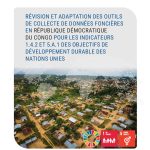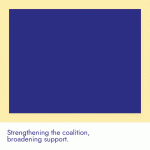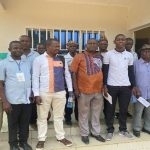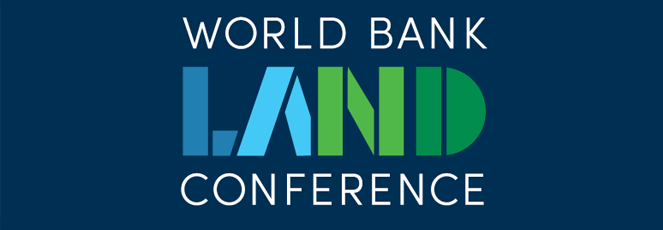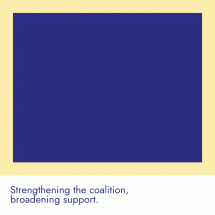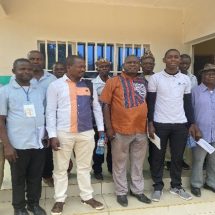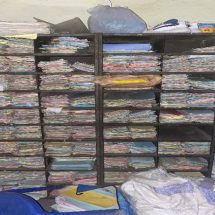The World Bank Land Conference has catalyzed the global land community for over 20 years. The conference returns in 2024 under the theme “Securing Land Tenure and Access for Climate Action.”
The Land Conference aims to inform land sector investments; advance multi-stakeholder policy dialogue, partnerships, and evidence-based policy making; and share knowledge on best practices and innovative research. Building on its rich history and stakeholder feedback, the new Land Conference will feature a variety of session types to improve the quality of knowledge exchange and to catalyze country, regional, and global land sector reforms, investments, and initiatives.
The conference will be organised in three types of sessions:
1. Thematic Sessions: These 90-minute sessions will highlight global operational innovations related to the annual Conference theme and sub-themes: (1) Securing Tenure for Sustainability; (2) Land Technologies for Green Growth; (3) Land Administration for Climate Action and Disaster Resilience; and (4) Land Administration amid Rapid Urbanization. They aim to share global best practice and facilitate knowledge sharing across regions.
2. Global Land Initiative Sessions: These sessions aim to catalyze global multistakeholder policy and partnership initiatives to advance the global land agenda (e.g. Stand for Her Land Campaign). They may include a mix of invitation-only and sessions open to all participants and may range in length from two (2) hours up to eight (8) hours.
3. Research Sessions: These sessions will feature presentations and technical discussion of innovative research papers on all aspects of land-related policies and land governance and aim to strengthen the evidence base for policymaking. They will be devoted to presentations in a seminar-type setting to allow academic debate. The World Bank’s Research Department invites submission of papers featuring innovative research on all aspects of land governance and its links to shared economic growth, resilience, and poverty reduction for presentation at a research track. Full research papers of between 6,000 and 10,000 words or, for analysis in progress on an exceptional basis, 1,000-word abstracts that contain a description of methodology, data used, and expected results, should be submitted through the paper submission and registration website. With climate resilience, gender and use of new technology as cross-cutting themes, priority areas for paper submission:
• Urban land rights, jobs, and financial markets
• Rural land rights, markets, and structural transformation
• Property taxation and land value capture for public services
• Public land management, land use monitoring, and climate finance
• Land institutions, conflict, and political economy
• Use of ‘big’ data to improve land governance and use.
An academic advisory committee will select the best papers for presentation at the conference based on (i) methodological rigor (60%); (ii) policy relevance (30%); and (iii) clarity of exposition (10%). a separate track for young researchers (PhD candidate and above) that will feature discussion and feedback to papers by distinguished scholars will be organized.
Deadline for paper submission: 3rd December 2023
Communication of paper acceptance: 6th January 2024
To facilitate interaction with policy makers attending the operational track of the conference, submissions should, in addition to the abstract, include a non-technical summary that highlights policy implications and potential for follow-up. In the submission process, authors should also indicate whether they would be interested to have their paper considered for possible publication in a special issue of a field journal.

